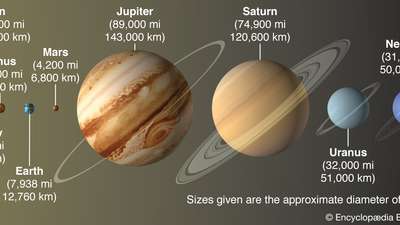Astronomy is an alternative natural science which studies heavenly bodies and astronomical phenomena. It applies mathematics, astronomy, and geology in order to describe their origin and nature. Natural objects of interest such as stars, planets, comets, satellites, and nebulae are studied by scientists to understand their makeup and structure. Astronomy also looks into the details of the universe, taking into consideration cosmology (the study of the universe and the formation of the universe as a whole), which studies the effects of foreign matter to the earth and the solar system. The study of the movement of celestial bodies like the planets, sun, comets, and stars is also an important aspect of astronomy.

In order to study astronomy at a full-fledged level, students must complete four additional concentrations. These concentrations are Astronomy courses; Astrophysics, or the study of visible and/or infrared radiation; Astronomy and Earth Science, which studies the composition, structures, orbit, distribution, composition, gravity, and tilt of planets; Astronomy, which studies the visual effects of astronomy; and a Mathematics concentration. Astronomy courses can be general, specific, earth and space, astronomy research, and the history of astronomy. Other concentrations include applied sciences, computer sciences, applied physics, astronomy research, observational techniques, numerical studies, and a minor in applied physics. Students must first complete all requirements for graduation from an accredited college or university before entering the program.
Students may choose to specialize in one or more of the concentrations offered at a traditional university. Some students opt to specialize in astronomy, while others may have more broad concentration areas such as space sciences, astronomy research, or earth science. Those interested in astronomy may develop successful careers teaching in a junior college, community college, or university’s astronomy department.